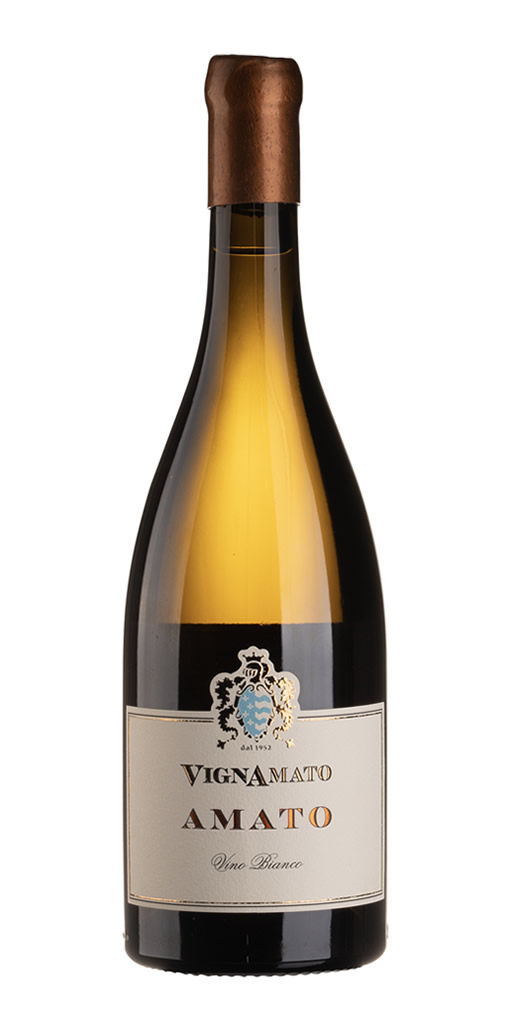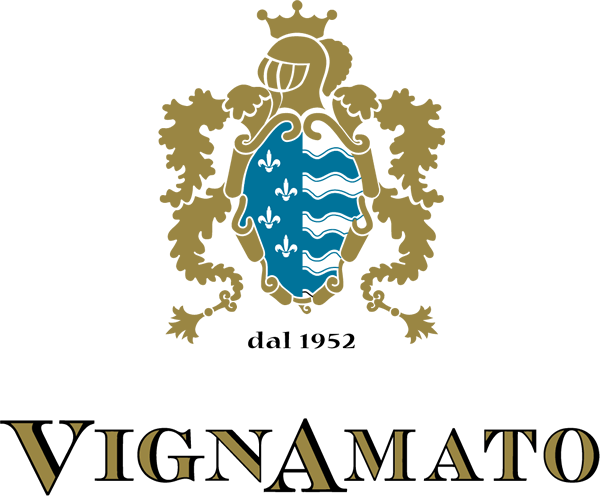
SELECTION
AMATO
Vino Bianco
Verdicchio 100%
Amato represents a wine dedicated to our grandfather Amato, who understood the extraordinary viticultural vocation of the Castelli di Jesi and of the our municipality of San Paolo di Jesi.
It is he who passed on to us the love for the land and for the vine, spirit of sacrifice and humility, which today represent for us a cornerstone in our company philosophy.
It is made from selected verdicchio grapes harvested in late September ,from the north-facing rows of our reserve vineyard “Ambrosia“, the oldest vineyard , just planted by him in 1975.
After two years of aging in tanks of vitrified cement in contact with its own yeasts, it rests for another 20 months in bottle. A wine of great power, structure and pleasantness, the most typical expression of verdicchio in the vintage 2019.
Tasting

Colour
Intense straw yellow color with golden reflections.

Fragrance
Fresh and very persistent with scent of bitter almond and ripe fruit.

Flavour
fresh but with great pleasantness and harmony. Very persistent.

Serving suggestions
Ideal to accompany stockfish all’anconetana (a regional specialty) and baked cod.

Serving temperature
12°/14° C
Region and Climate
Place of production
estate winery, in the hills of the Castelli di Jesi, in the oldest area defined as Classica
Surface
0.50 Ha
Municipality
San Paolo di Jesi
Altitude
250 meters above sea level
Exposure
North – East
Soil texture
Medium-textured soil, clayey, with the presence of calcareous residues.
Plants per Ha
3.000
Vine training system
Guyot
Year of plantation
1975
Farming
Organic
Wine Making and Fining
Yield per Ha
6 tons
Harvesting period
end of September, first decade of October
Harvesting method
manual, in crates.
Pressing
soft
Fermentation
vitrified concrete tanks
Fermentation temperature
controlled at 16°/18° C
Fermentation length
around three weeks
Malolactic fermentation
yes but depends on the vintage
Fining
24 months in concrete tanks
Fining in bottles
10 months
Production
soft pressing, static decantation of the soft-pressed must, fermentation in concrete tanks with indigenous yeasts, long stay on the “fine lees” of fermentation.

